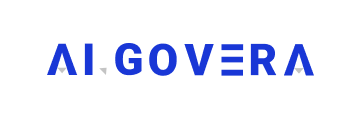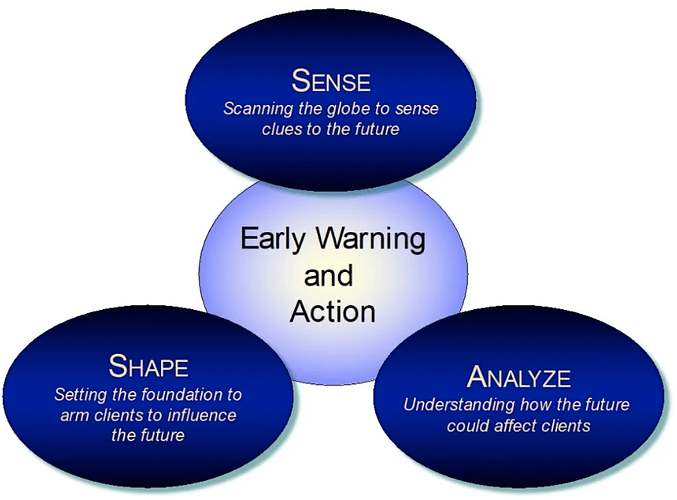“As technology is empowering our choices and we are getting something like the power of gods, you have to have something like the love and the wisdom of gods to wield that or you self-destruct.”
—Daniel Schmachtenberger
Name of Project:
Wisdom-Guided Collective Hybrid Intelligence (CHI) in a Network of Human & AI Agents
Proposal in one sentence:
Creating a conceptual and action-research framework, complete with sample use cases, methodology, and a roadmap for generating a new form of intelligence—that I call “HybridInt”—in a network of human & AI agents.
Description of the project and the problem/opportunity it is meeting:
Between techno-utopians and techno-doomsayers, the emancipatory potential of AI is lost. To realize AI’s full potential for the common good, we must cultivate hybrid intelligence. It is an emergent quality generated not by the simple addition of AI to human intelligence but by the synergy of their strengths. On the AI side, they include decentralized, explainable (XAI), and participatory (PAI). On the human side, they include the human capacity for activating collective intelligence and wisdom (that cannot be mimicked by algorithms).
My starting point is that HybridInt, is the intelligence of a post-human lifeform, also referred to as “planetary sapience” that can compensate for the limitations of both human and artificial intelligence.
Research hypotheses:
-
HybridInt, emerging from the synergy of human and AI agents, can demonstrate higher cognitive powers (e.g., concept mapping and visualization, hypothesis development, imagination, learning abilities, and memory) than either category of agents would by itself.
-
HybridInt has the potential to meet some of the challenges generated by previous stages in socio-economic and meaning-making structures if both the human and AI agents are given the opportunity to co-evolve their skills and knowledge.
-
The application of HybridInt to real-world challenges can fulfill its potential only if it’s guided by prosocial ethical values and wisdom. (When it comes to the actual research, beyond the concept paper writing, I’d like to verify this hypothesis in collaboration with Algovera, by building and co-facilitating a squad composed of human and AI agents on Web3 infrastructure with a regenerative goal.
Approach
The research that I’ll describe in the proposed concept paper will be conducted by using my Generative Action Research (GAR) methodology combined with Participatory AI. GAR will also be applied to the paper’s development and represent its first cycle. The roadmap will include the first milestones of applying the framework to potential use cases, e.g. the Kernel community, enhancing wisdom in Web3 organizations & the epistemic commons of the meta-crisis.
Grant deliverables:
- A concept paper complete with:
- Literature review, with an eye on finding evidence that supports or refutes the research hypothesis)
- Explanation of key distinctions used in the paper
- A first draft of an integrated set of research questions about developing the capabilities ontology, collective epistemology. and wisdom-oriented ethics of HybridInt, for an academic paper (looking for co-authors)
- List of experts to survey
- Draft of the research funding strategy
- High-level design of some potential use cases waiting for confirmation by the concerned parties: the Kernel community, the inner game of AI (+ first outline of a book about then same), and eventually, the Radar DAO, the River DAO, and a tool for accessing AI-discovered patterns that connect emergent meaning in the work of Daniel Schmachtenberger and the liminal Web.
- Short, screen-recorded video of the co-explorations of “existential risk” and “ubuntu” with my unpaid AI research assistants, as an experimental demo of emergent HybridInt
Spread the love
I’d welcome colleagues who are adept at no-code prompt engineering and can help develop a compelling narrative by translating the research questions into prompt chaining and fine-tuning, using ChatGPT/HuggingFace/ChatSonic. Also, fellow users of Loom and/or Obsidian, who can help the project make better use of those tools.
Squad lead:
George Pór
Twitter handle: @technoshaman
Discord handle: Technoshaman#5921


